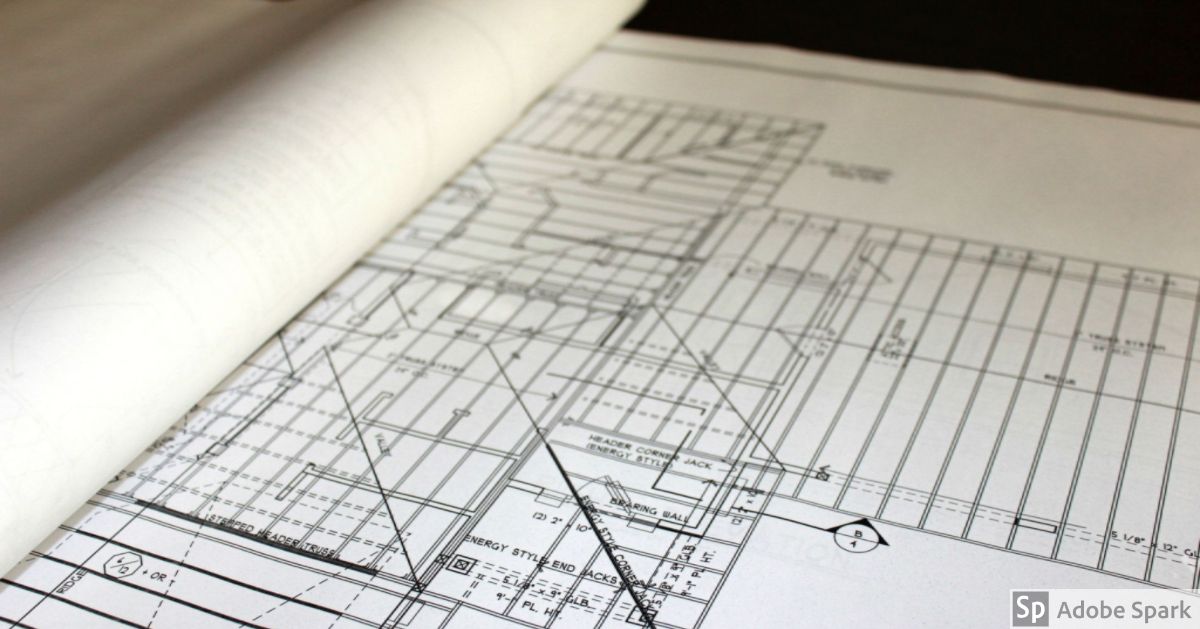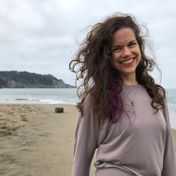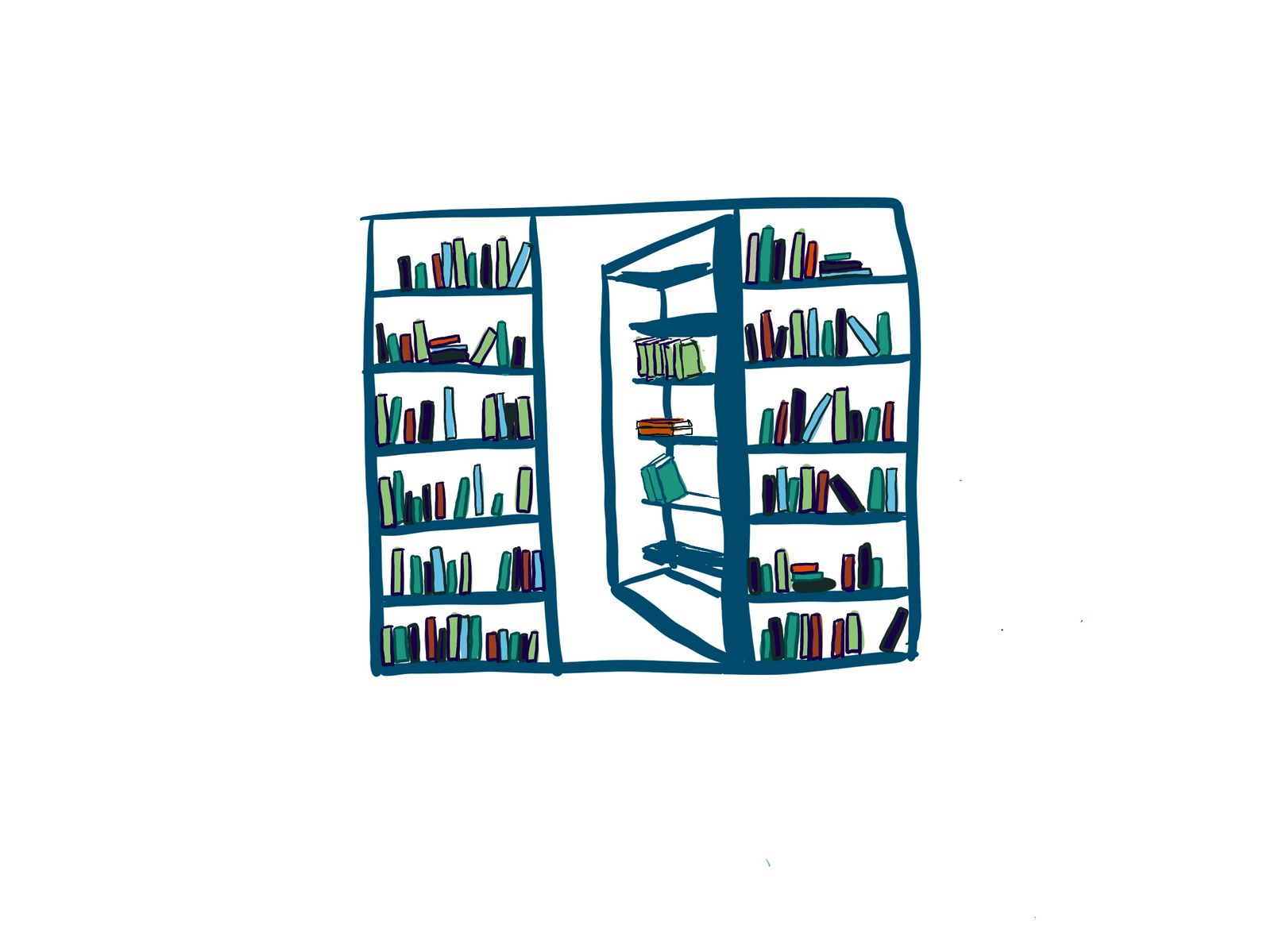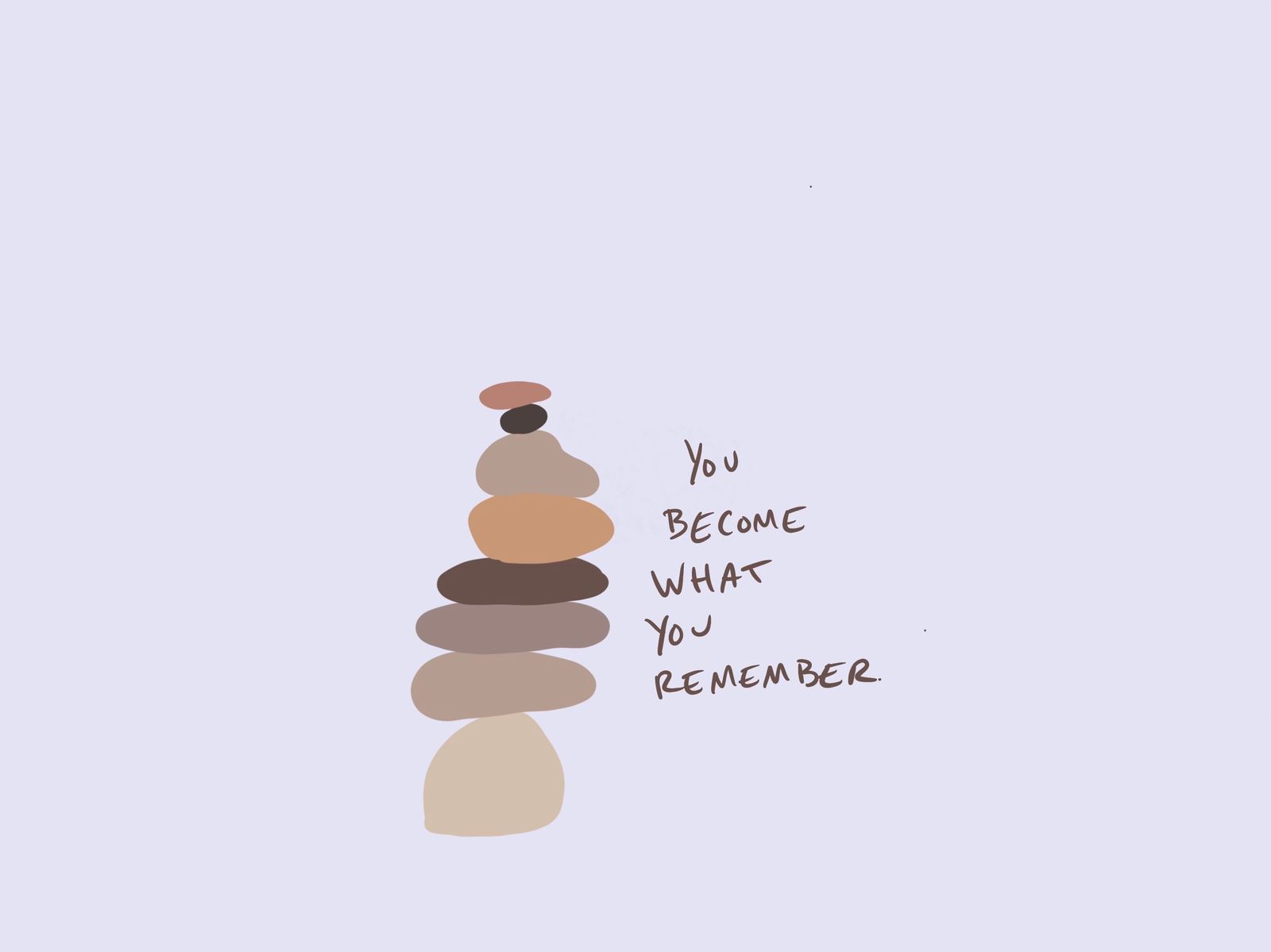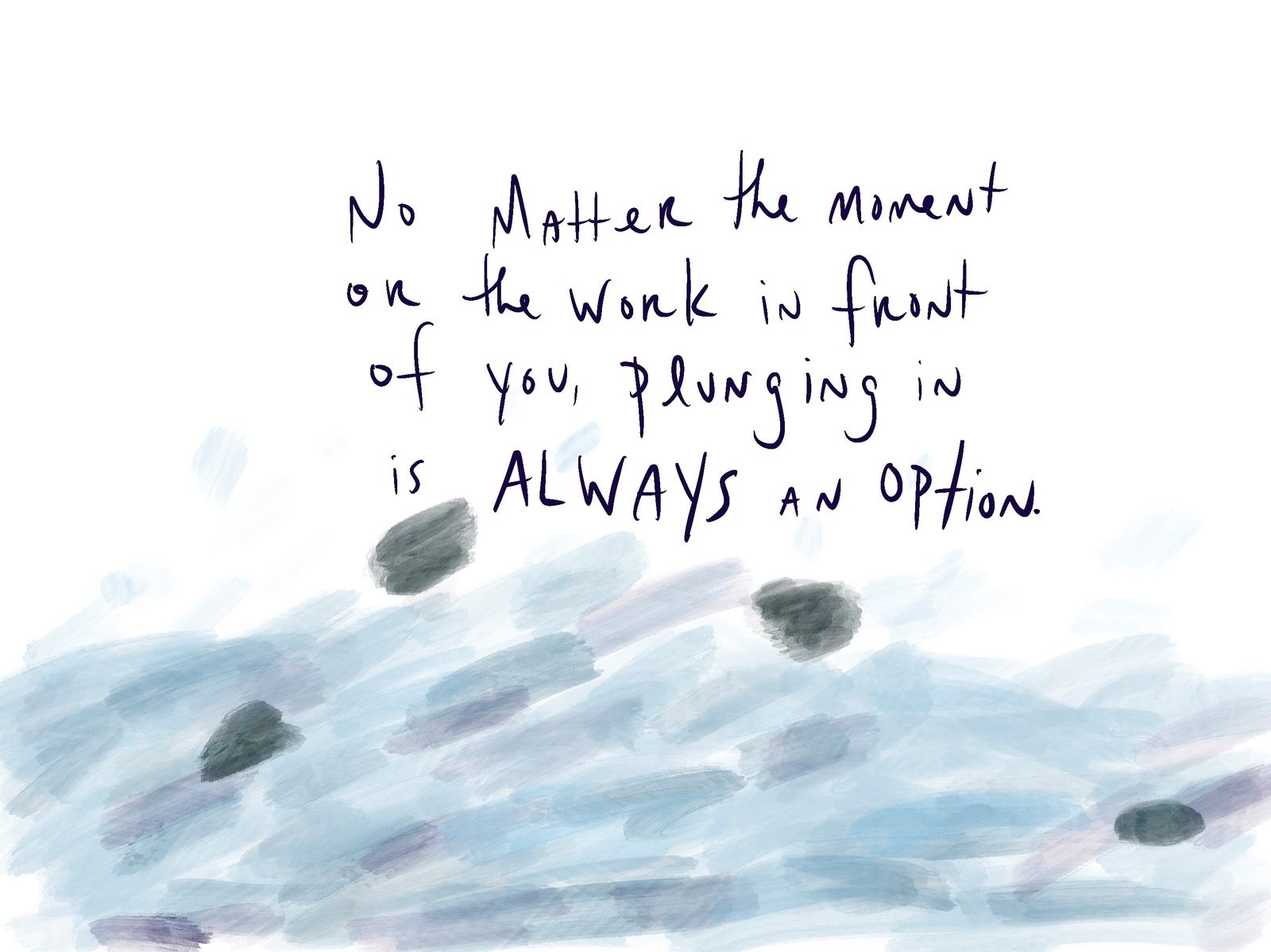The kids and I talk about perspective a lot. In terms of an architectural print Caleb is working on, in terms of their own art project, of a story I'm reading to them, who's talking, what do we know and not know from the narrator, of the history books we read. We try to take different perspectives on the same story. To see things clearly from other angles.
"That's not right," they might say about something, usually from our studies in history or bedtime.
"Well, now, that depends on your perspective."
And then we wrestle, we talk.
Perspective, in it's Latin root, means "to look at closely," or "to see through."
Taking someone else's perspective, finding a different one is an act of imagination.
The world these days feels loud, close, and scary. There are many different voices coming at us from on our phones on social media, the news, our own thoughts and opinions. The inundation of information isn't always easy to sort through and with the erosion of civil discourse in our world, it feels safest and best to hunker down into our ideological bunkers and only talk to the people who agree with us or say nothing at all.
We miss the courageous, creative act of taking the long walk around to try and see someone else's perspective.
I try to do this in the heat of an argument with the Captain.
I try to do this in the grocery store check-out line behind the woman hissing at her children between clenched teeth while fumbling for another coupon. (There are days I AM that woman.)
I try to do this with the online presence of hundreds of friends and family.
I start with assuming the best. I can't always see things how they see it, my eyes are mine and theirs are theirs and we can't swap. My perspective is shaped by my individual upbringing, my past experiences, my race & it's privilege, my socioeconomic status, the places where I'm from, my faith, my education. I cannot pry those out of myself. Just like theirs. But I can take the long-walk around to try and imagine things from someone else's perspective. Or, better yet, I can ask them how they got there. You learn a lot about people when you ask, openly, "how did you get there?"
And then listen.
Divested of context, of who the people are, what they've gone through, where they started, it's easy to react instead of respond to the snippets of information we get. And everything is going down in pre-digested sound bites and grabby headlines. Without a relationship to the truth—the hard facts, and how different people intrepret and relate to them—it's impossible to see clearly yourself, let alone try to see the oppposing side.
It's a subersive act, these days, to read deeply and listen carefully.
The practice of perspective-taking acknowledges that we are all connected and sustained by something greater than ourselves. That people are worth the expense of time and imagination to dig in and see. The closest ones, the farthest ones.
To take the long-walk around and see from someone else's perspective,
-I assume the best.
-Ask "How did you get there?"
-What stories do you believe?
-Which ones are you telling about yourself?
For more reading, check out Braving the Wilderness by Brené Brown, and Difficult Conversations: How to Discuss What Matters Most by Douglas Stone, Bruce Patton, and Sheila Heen.

